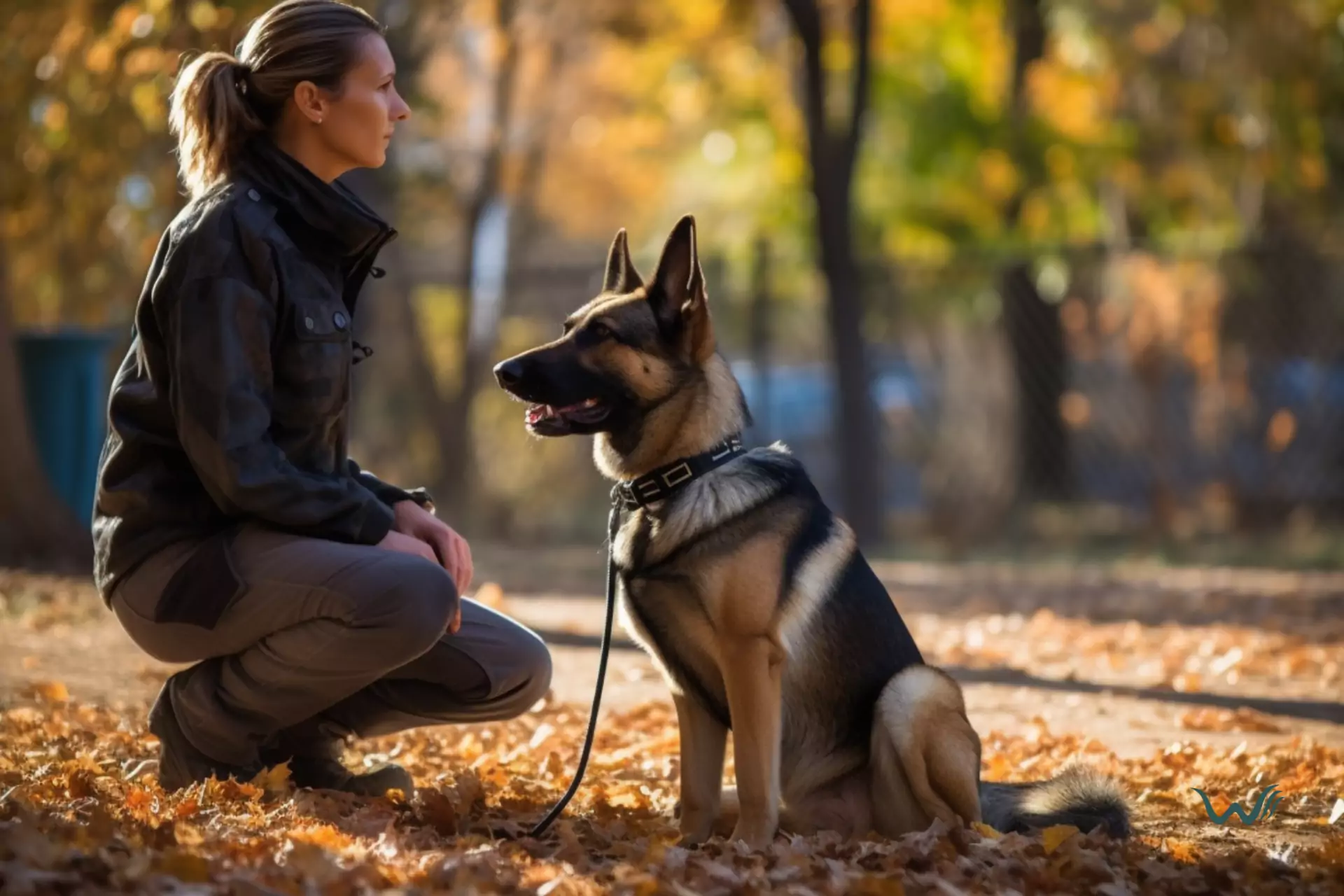

Effective Dog Socialization Tips
by Tayyaba Amir
Last updated: April 18, 2024
Verified and Approved by:
Angela Morris,
MSW, LCSW
Fact Checked

“Have you heard the saying, ‘A well-socialized dog is a happy dog’? It’s true! Socialization is key to helping your furry friend feel comfortable and confident in various situations. By following some effective dog socialization tips, you can ensure that your pup is well-adjusted and ready to take on the world with a wagging tail. So, let’s dive into some practical advice on how to help your canine companion become a social butterfly.
When it comes to socializing your dog, early exposure to different environments is important. This helps them become familiar with various sights, sounds, and smells, which can prevent fear and anxiety later on. Positive reinforcement training is also essential in teaching your dog how to behave in different social settings. By rewarding good behavior with treats and praise, you can encourage them to continue to interact positively with others. Remember, a well-socialized dog is not only a joy to be around, but also a reflection of your dedication to their well-being.”
Early Exposure to Different Environments
Want to ensure your dog is comfortable in different environments? Start early by exposing them to new places and experiences! Taking your furry friend on walks in the park, to the beach, or even to a bustling city street can help them become accustomed to different sights, sounds, and smells. The more varied experiences your dog has, the more adaptable and confident they’ll become in unfamiliar settings.
In addition to physical environments, it’s also important to introduce your dog to different types of people, animals, and situations. Encourage positive interactions with other dogs at a dog park, friendly strangers on the street, and even children playing in the park. By exposing your dog to a wide range of experiences early on, you’re setting them up for success in social situations throughout their life.
Positive Reinforcement Training
When training your furry friend, it’s important to use positive reinforcement techniques to encourage good behavior. Dogs respond well to rewards like treats, praise, and playtime when they exhibit the desired behavior. By rewarding your pup for following commands or behaving well in social situations, you are reinforcing those actions and teaching them what you expect from them.
Positive reinforcement training also helps build a strong bond between you and your dog. When they associate good behavior with positive rewards, they are more likely to repeat those actions in the future. This type of training creates a positive and happy environment for your dog, making them eager to learn and please you. So, remember to always reward your furry friend for their good behavior and watch them thrive in their socialization journey.
Controlled Introduction to Other Dogs
One key to successfully introducing your pup to other dogs is slowly and carefully controlling the interaction. Start by finding a calm and neutral environment where both dogs can meet without feeling threatened. Keep the initial meeting short and positive, allowing them to sniff each other and gradually interact safely.
Be sure to monitor their body language closely to ensure that they’re comfortable with the interaction. As the dogs become more familiar with each other, gradually increase the length of their interactions while still maintaining control. Always be prepared to intervene if things start to escalate or if one of the dogs becomes overwhelmed. With patience and careful control, your pup will learn how to socialize with other dogs positively and healthily.
Supervised Socialization Activities
To help your furry friend become more comfortable around other pups, try organizing playdates with dogs of similar size and energy levels. This will allow your dog to interact in a safe and controlled environment, building positive associations with other animals.
Additionally, supervised socialization activities can help your pet learn how to communicate effectively with their canine companions, improving their social skills and overall behavior.
- Benefits of Supervised Socialization Activities:
Provides a structured environment for your dog to interact with others
Helps your furry friend learn appropriate play behaviors and boundaries
By engaging in supervised socialization activities, you’re not only aiding in your dog’s development but also creating opportunities for them to make new friends and have fun. Remember to always monitor their interactions closely and step in if any signs of discomfort or aggression arise.
Your effort in facilitating these activities will contribute to your dog’s well-being and happiness, making it a rewarding experience for both you and your beloved pet.
Seeking Professional Help if Needed
If you’re struggling with your pup’s behavior, don’t hesitate to seek out a professional for guidance. Sometimes, despite your best efforts, your dog may exhibit behaviors that are challenging to handle on your own. A professional dog trainer or behaviorist can provide valuable insights, techniques, and tools to help you address any issues and improve your dog’s socialization skills.
Seeking professional help is not a sign of failure but rather a proactive step towards ensuring the well-being of your furry friend. These experts have the knowledge and experience to tailor a training plan specifically for your dog’s needs. By working with a professional, you can gain a better understanding of your dog’s behavior, learn effective training methods, and ultimately create a positive and safe environment for your pet to thrive in.
Frequently Asked Questions
Can socialization be effective if my dog is already an adult?
Yes, socialization can be effective for adult dogs. Patience, consistency, and positive reinforcement are key. Slowly expose your dog to new experiences, people, and animals to help them feel comfortable and build confidence.
How can I help my dog overcome fear or anxiety during socialization?
Feeling anxious, Fido? Embrace the irony of facing fears head-on! Show patience, love, and gentleness to help your pup overcome anxiety. Remember, you’re their superhero in this socialization journey. Together, you can conquer anything!
What should I do if my dog is aggressive towards other dogs during socialization?
If your dog is aggressive towards other dogs during socialization, it’s important to address the root cause of their behavior. Seek guidance from a professional trainer to develop a tailored plan for your pup’s specific needs.
Is it possible to over-socialize my dog?
It’s rare to over-socialize your dog, but be mindful of their stress levels. Allow breaks and watch for signs of exhaustion. Remember, quality over quantity. Your pup’s well-being is top priority.
Can socialization help with separation anxiety in dogs?
Socialization can definitely help with separation anxiety in dogs. By exposing them to different people, places, and experiences, you can build their confidence and reduce their stress when left alone.
Certify Your Emotional Support Animal Today

Why You Can Rely on Us?
At Wellness Wag, we believe your pet deserves care rooted in both science and compassion. Each article is carefully researched, written in clear language for pet owners, and then reviewed by qualified professionals to ensure the information is evidence-based, current, and practical for real-life care. Our goal is to help you feel confident in making informed decisions about your pet’s health and well-being.
Reviewed by
Angela Morris, MSW, LCSW
Angela is a licensed clinical social worker with 20 years of experience in patient advocacy and community mental health. She has assisted numerous clients with ESA evaluations and brings a deep understanding of disability accommodations, ensuring that all information is accurate, supportive, and practical.

Written by :
Tayyaba Amir
Last Updated :
April 18, 2024










